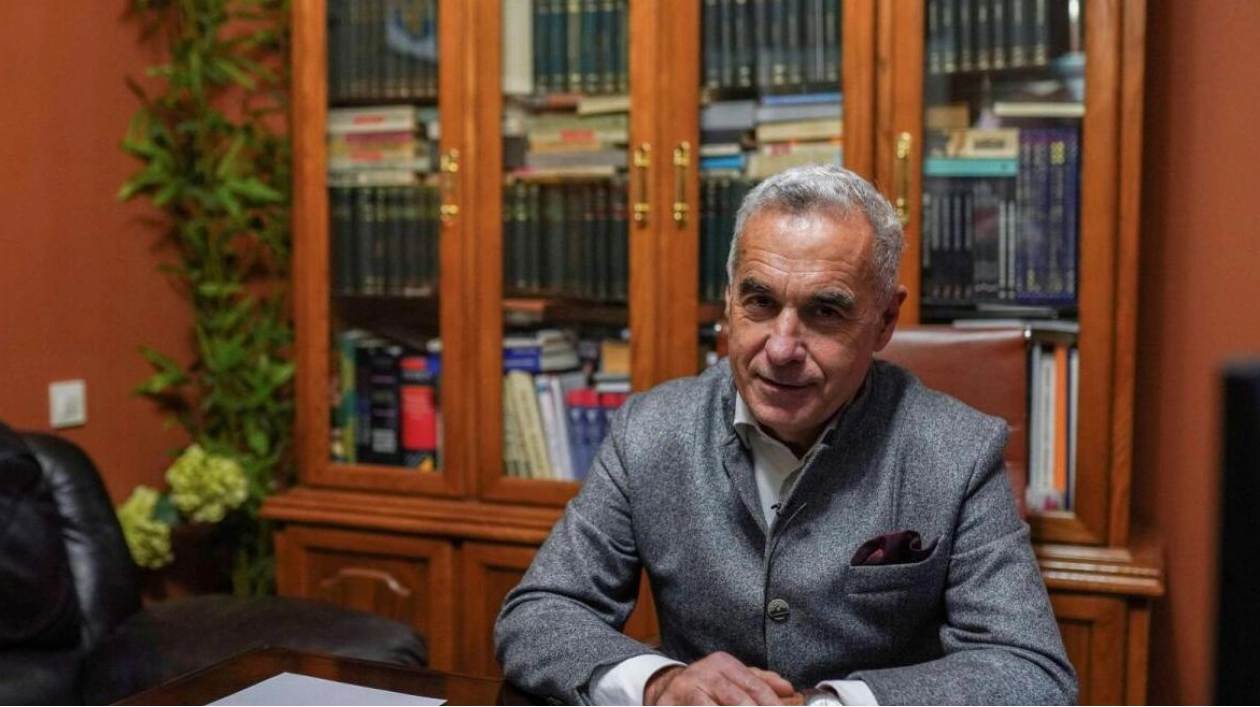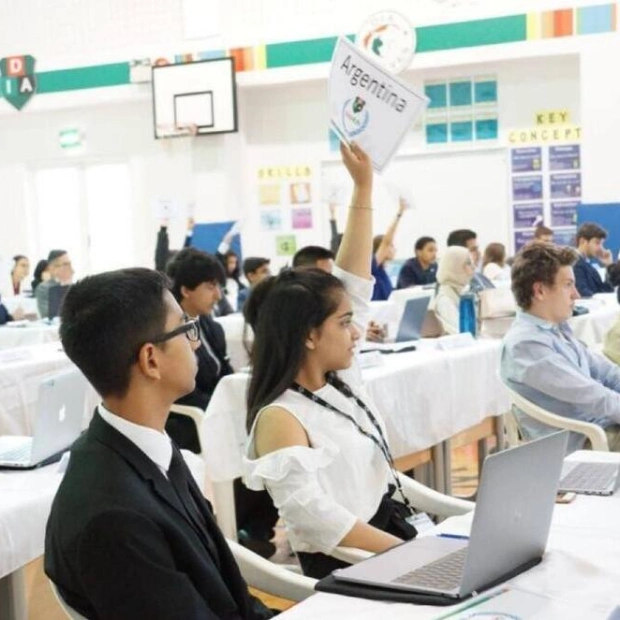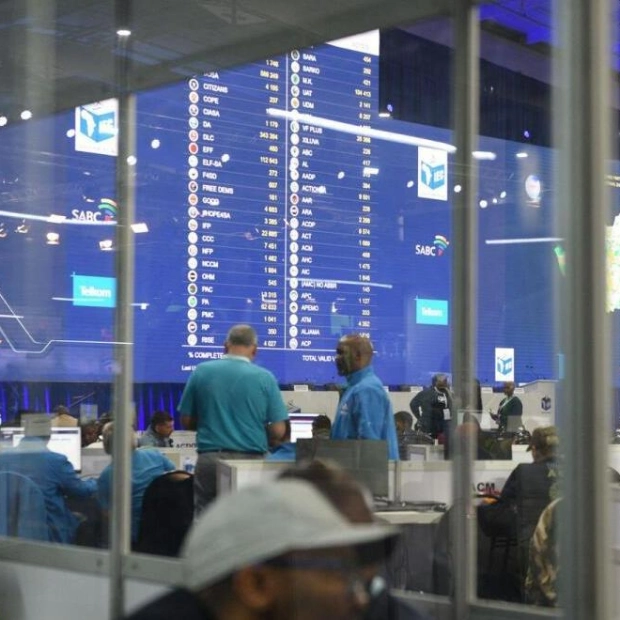Romanian independent far-right presidential candidate Calin Georgescu poses for a portrait following an interview with Reuters in Izvorani, near Bucharest, Romania, on Wednesday. REUTERS
The US has expressed concern over potential foreign interference in Romania's presidential election, following the declassification of documents indicating that the country was targeted by "aggressive hybrid Russian attacks" during three consecutive ballots. Previously polling in single digits, pro-Russia ultranationalist Calin Georgescu unexpectedly surged to victory in the first round of the presidential election on November 24, causing considerable surprise in the European Union and NATO member state.
Documents declassified by Romania's top security council revealed that Georgescu was heavily promoted on social media platform TikTok through coordinated accounts, recommendation algorithms, and paid promotion, despite his declaration of zero campaign funds. The documents also highlighted compromised login data to Romanian election websites and over 85,000 cyber attacks during the election period. Romania's intelligence agency attributed the campaign's scale, methods, and coordination to a foreign state.
In a statement, the US State Department expressed concern over the council's report of "Russian involvement in malign cyber activity designed to influence the integrity of the Romanian electoral process." The statement emphasized that "Romania's hard-earned progress anchoring itself in the transatlantic community cannot be reversed by foreign actors seeking to shift Romania's foreign policy away from its Western alliances." It further warned that any such shift would negatively impact US security cooperation with Romania and discourage US companies from investing in the country.
The European Commission, in response, issued a "retention order" to TikTok, instructing the platform to freeze and preserve data related to potential risks its service could pose on electoral processes and civic discourse within the 27-nation bloc. The order specifically targeted systematic infringements of TikTok's terms of service, which prohibit the use of monetization features for the promotion of political content.
TikTok did not immediately respond to a request for comment. Russia has previously denied any interference in Romania's election campaigns, and TikTok has denied giving Georgescu preferential treatment, though it acknowledged removing suspect networks of accounts only after the first presidential round.
An opinion poll conducted by AtlasIntel from December 2 to 4, as reported by news website hotnews.ro, indicated that Georgescu would defeat centrist leader Elena Lasconi in the December 8 presidential run-off by a 47%-43% margin. Approximately 6.5% of those polled said they would spoil their ballot. However, the poll also revealed that 57% of Romanians had more confidence in Lasconi than Georgescu to maintain Romania's alignment with the EU and NATO.
Georgescu, 62, is a far-right, self-styled outsider who advocates ending Romanian aid to Ukraine in response to Russia's invasion and views Russian President Vladimir Putin as a true leader and patriot, while expressing criticism of NATO and Brussels. Analysts and diplomats have warned that a Georgescu victory in Sunday's runoff election would isolate Romania abroad and reverse its pro-European stance.
On Wednesday, Romanian pro-European parties, elected to parliament in a December 1 ballot, agreed to form a governing majority aimed at excluding far-right and ultranationalist groupings that won a third of seats. Negotiations are set to follow. Meanwhile, Bucharest's blue chip index fell by 0.5% on Thursday, continuing losses from the previous session.
Source link: https://www.khaleejtimes.com






